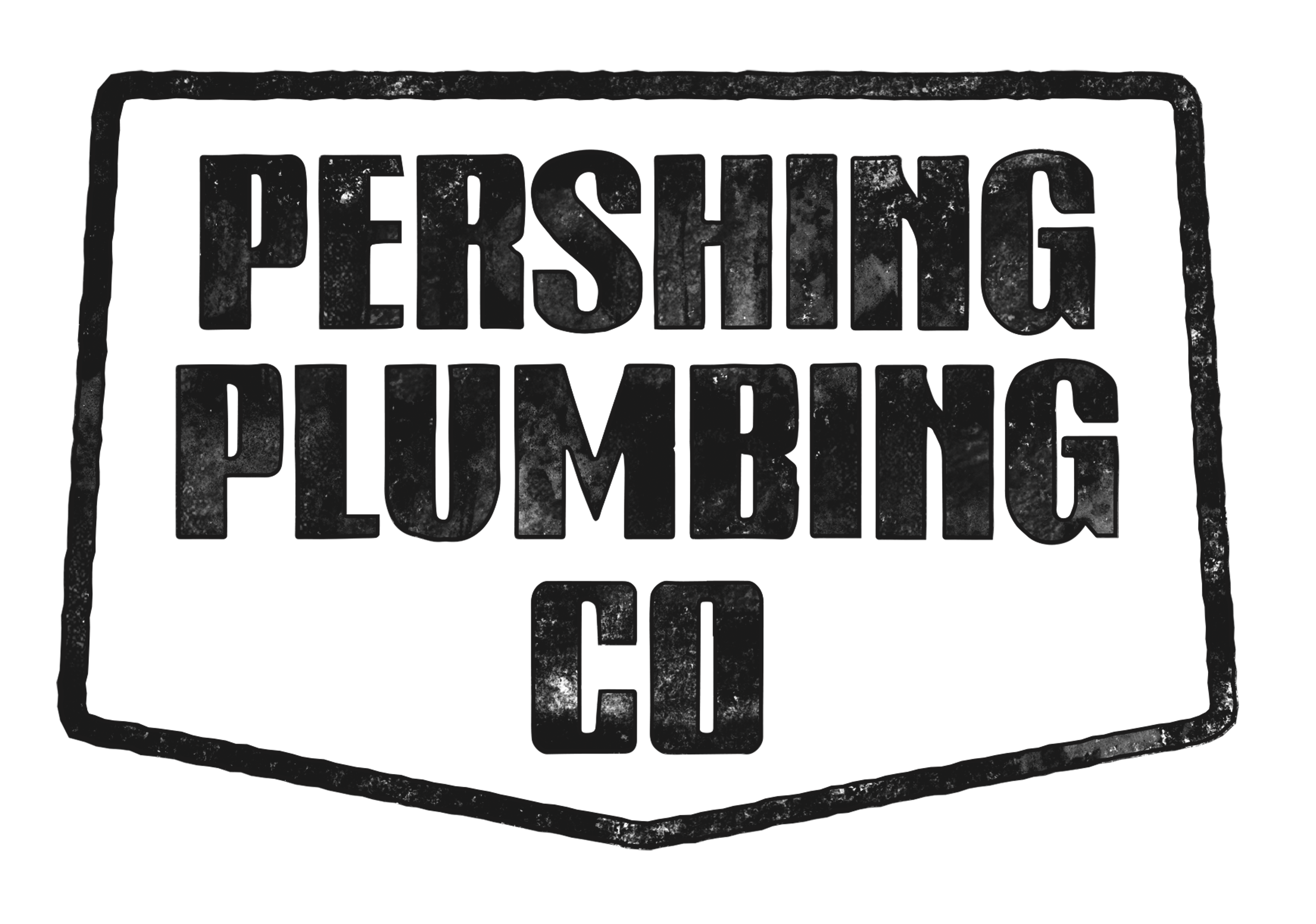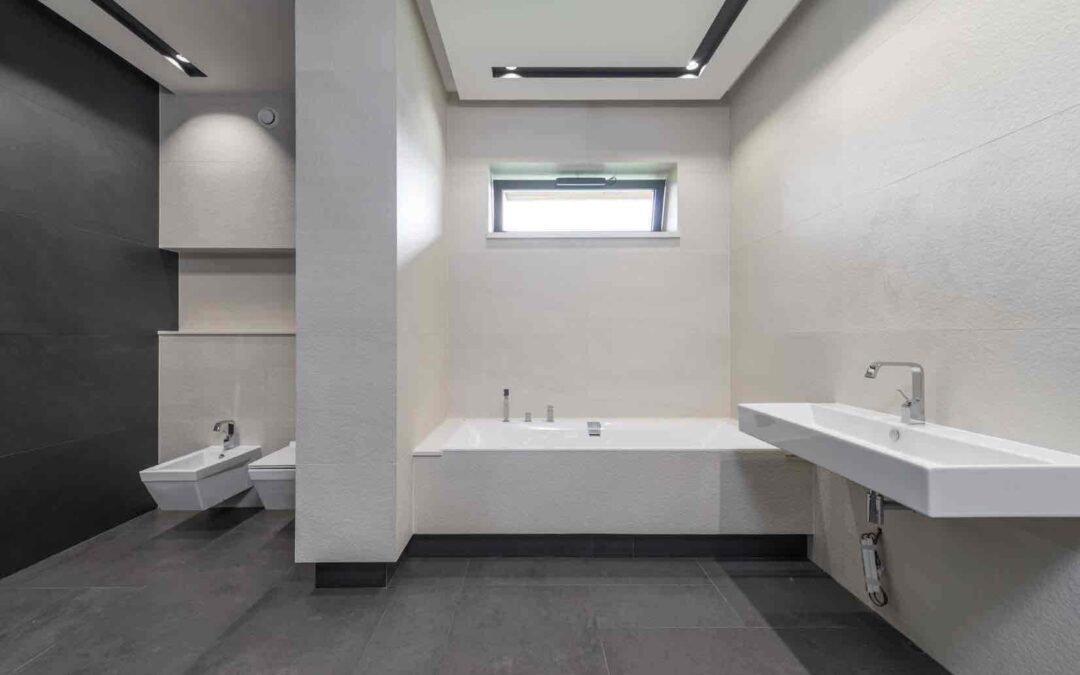There is nothing worse than standing in your hot shower and enjoying the warmth as the water cascades above you. But then, all of a sudden, the warmth suddenly turns cold. You’ll regret using the hot water heater.
It seems that every day, the hot water is getting less and the colder the water keeps you from boiling.
You might be curious as to what caused the problem. Your family probably doesn’t consume an entire hot water heater tank within a few hours. So, in reality, your family shouldn’t be running low on hot water. You are frustrated, however, and you want to find out why.
How can a hot water heater give you less hot water over time? What are the causes of this and other hot water problems in your home?
Sediment Buildup In Your Water Heater Tank
Hot water heater failures are often caused by sediment buildup inside the tank. All water sources are made up of minerals, which when heated to a certain point temperature transform into a substance called scale.
This scale can move around in the tank or sink to the bottom. The bottom of your hot-water tank can become clogged up with sediments. The buildup over time can reach the levels of your heating elements.
Scale also covers everything. This means that it circulates around your water supply and coats pipes, mechanical parts and fixtures as well as the inside and outside of your dishwasher. Scale sticks to everything, which can lead to corrosion and chalky dishes.
This substance is harmful to your water heater. If it has been building up over time, and you haven’t had your heater serviced recently, it could be the source of your hot water issues.
Scale can build up in the pipes, which causes pipes to narrow slowly.
Heating elements that are covered in scale, lime, or sediments will heat up faster than those with clear water. What can you do if there is scale buildup on your heating element? Get a professional Pasadena Plumber to flush your water heater.

